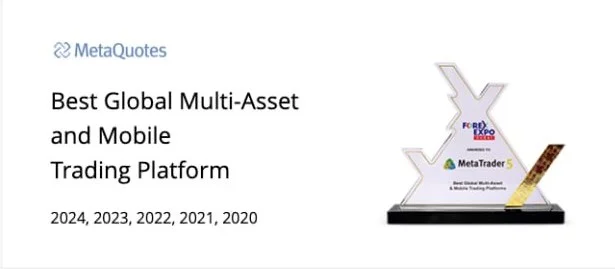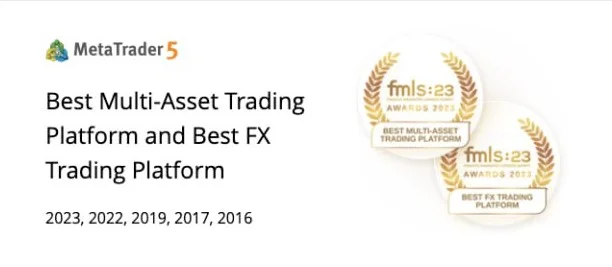There are some market participants who you’re unlikely to deal with directly, but still have a major influence on the markets and asset prices.
Market makers
Suppose you want to buy a particular financial instrument, but nobody is selling.
Fortunately this situation is unusual: there’s generally a party who’ll take the other side of your trade, and it’s often a market maker – otherwise known as a liquidity provider.
Market makers help keep the markets moving smoothly.
A market maker is a firm or individual that holds an inventory of a particular security and quotes continuous prices to buyers and sellers.
So if you place an order that goes through a market maker, it either deals from its own holding or seeks another party’s order to offset yours. This happens electronically, almost instantaneously.
Most market makers operate within exchanges, so your broker will transact with them on your behalf. The only market makers you’re likely to deal with directly are forex trading firms, which offer clients the facility to buy or sell currencies OTC.
Institutional traders
Institutional investors or traders are organisations that deal in the financial markets, generally on a much larger scale than retail traders. As a retail trader, you may have little contact with these institutions, but it’s useful to be aware of their activities.
Institutional traders manage pools of money on behalf of individual investors, and this means they sometimes make trades of a magnitude such that they influence market price movements, particularly in shares.
Institutional traders include:
- Banks
- Life assurance companies
- Pension funds
- Mutual funds
- Hedge funds
The large size of these institutional traders’ positions means that they can sometimes receive benefits such as reduced commission rates.
Did you know?
Typically institutions have a high level of trading expertise – but just occasionally this isn’t the case.
In the 1990s, UK institutional investor Barings Bank employed the now infamous Nick Leeson as one of its traders in Singapore. Leeson amassed losses totalling £827 million through unauthorised speculation on the Japanese markets. He successfully concealed his fraud until the Kobe earthquake caused Asian markets to crash, and with them Leeson’s trades. When his losses were revealed, they resulted in the bank’s collapse.
High-frequency trading
The development of ever-more-sophisticated technology has given birth to a specialised kind of institutional trading: high-frequency trading (HFT).
HFT uses computers to automatically apply trading strategies and algorithms, finding and exploiting patterns, trends and tiny fluctuations in the market. Instead of employing teams of analysts and traders, an HFT firm relies on technology that can make multiple trading decisions in a fraction of the time it takes a human brain.
This means HFT firms can open and close positions in the space of seconds, milliseconds, or even microseconds. They make these ultra-short-term trades in immense volumes, often aiming to capture just a tiny profit on each one.
HFT traders are the polar opposite of the traditional long-term investor, as they never accumulate portfolios or hold positions overnight. Their bread and butter is momentary market changes, rather than steady growth.
HFT firms are so far removed from the world of retail traders that their activities have little significance for you. HFT is occasionally thought to contribute to general market volatility, and HFT firms can also benefit the market by acting as liquidity providers, but neither of these things will affect your trading decisions.


